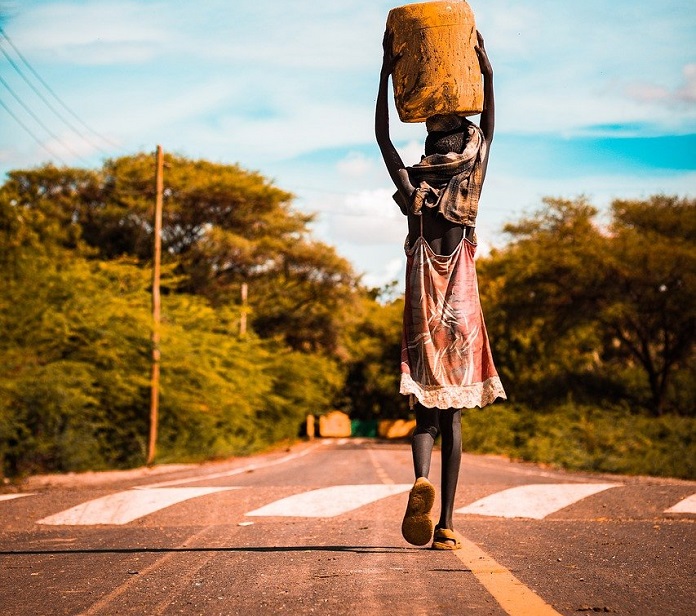Charity (not her real name) is 17 years old and is terrified of the future.
When she becomes 18, which is just six months away, the Form Three student will have to find a new home to live.
She can no longer live at the orphanage where she had been staying, but her relatives in Buyama village, Matayos, Busia County, will not allow her to return home.
June 2019 is still fresh in her mind. “My stepmother had gone to a vigil on the night of a funeral. I arrived home early, cooked supper, and then went to my room to study. I gave food to my father when he arrived at 11 p.m., but he seized me and raped me for three hours.”
He warned her not to tell anyone, she recalls. Charity’s periods were missing after a month. She was expecting a child.
Charity, whose mother passed away in 2005, claims that her father brought her drugs to end the pregnancy. But, fearful for her safety, she informed the guidance and counseling teacher.
The teacher reported the incident to a local NGO, which relocated her to an orphanage in Kigumo, Murang’a County, to avoid the locals’ fury, some of whom wanted her killed for “bringing dishonor to the family.”
“Last year, I delivered and was sent to a different orphanage in Busia.”
Charity will have to leave the orphanage once she becomes 18, but where will she go? “I was exiled from my house. “If I go there, I might die,” she warns.
Charity’s experience represents a troubling trend in Busia. In the last eight months, the Rural Education and Economic Enhancement Programme, a local NGO, has recorded 52 occurrences of incest.
According to Busia Chief Magistrate Lucy Ambasi, there have been 70 active defilement cases in court during the last five months.



